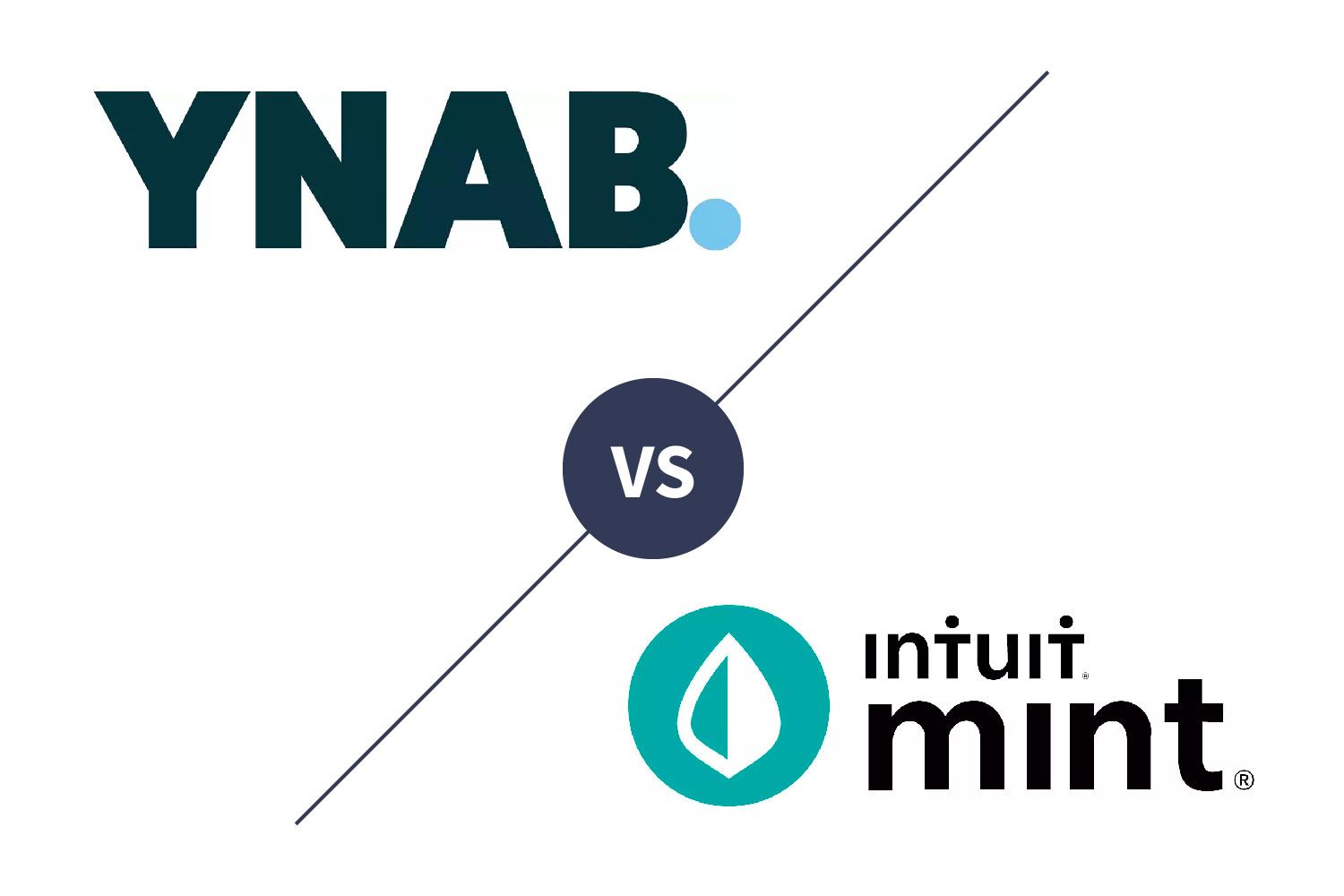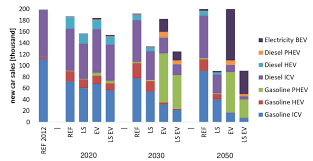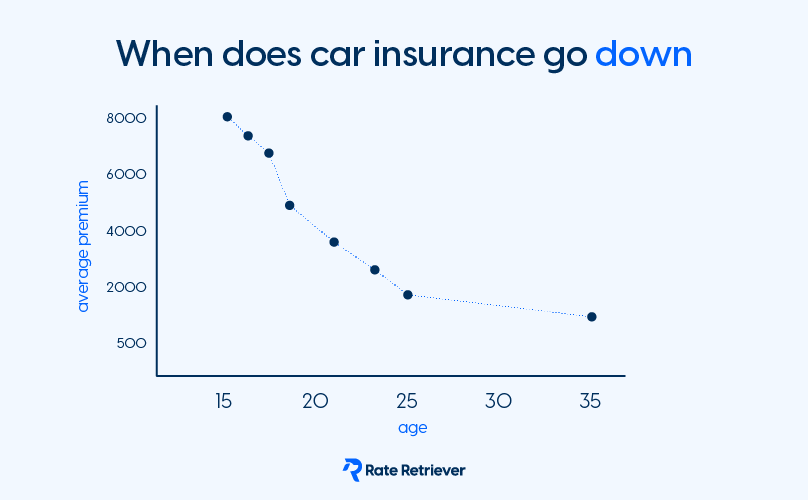The future of electric cars looks promising as adoption continues to rise. Globally, nearly 1 in 5 cars sold in 2023 was electric, and in the United States, over 4 million electric vehicles (EVs) are already on the road, according to the U.S. Energy Secretary in January 2024. Despite this growth, full EV adoption may take decades due to infrastructure challenges, inconsistent government policy, and public hesitation toward new technology.
Key Takeaways
- EV popularity is increasing, but widespread adoption may still be decades away.
- Adoption barriers include limited charging stations, range anxiety, and slow fleet turnover.
- Government policy, infrastructure upgrades, and public perception will shape the EV future.
When Will All Cars Be Electric?
It’s difficult to predict exactly when all cars will be electric. Many governments and automakers plan to end sales of new gas-powered vehicles within the next decade. In the U.S., eight states have committed to banning new gas car sales after 2035. Full adoption will depend on technological advances, EV-friendly policies, and public willingness to transition from traditional vehicles.
Factors Slowing EV Adoption
1. Limited Infrastructure
Charging stations are scarce in rural and remote areas, making long trips challenging. While public EV chargers have doubled over the past four years—from 95,000 in 2021 to 207,000 today—expanding infrastructure strains the power grid and requires upgrades at federal and local levels.
2. Public Perception
EVs have entered the mainstream, but some drivers remain skeptical about range, convenience, upfront cost, and long-term reliability. Charging takes longer than refueling gas vehicles, and EV batteries can be expensive to replace.
3. Government Policy
EV adoption relies heavily on consistent policies and incentives. Political uncertainty can slow manufacturer investment and consumer confidence in buying EVs.
4. Fleet Turnover
The average age of U.S. vehicles in 2024 is 12.6 years, the highest on record. Longer vehicle lifespans and high prices for new cars slow the rate at which drivers replace gas cars with EVs.
Should You Buy an Electric Car?
Pros of EVs:
- Lower long-term energy and maintenance costs compared to gas vehicles
- Reduced carbon emissions and less noise pollution
- Instant torque for quick acceleration
Cons of EVs:
- Higher upfront purchase price
- Limited charging infrastructure in some areas
- Higher insurance costs due to expensive battery repairs
If EV advantages align with your priorities—such as sustainability, efficiency, or quiet performance—they may be worth considering. Otherwise, gas-powered vehicles remain reliable, familiar, and convenient for most drivers.





























